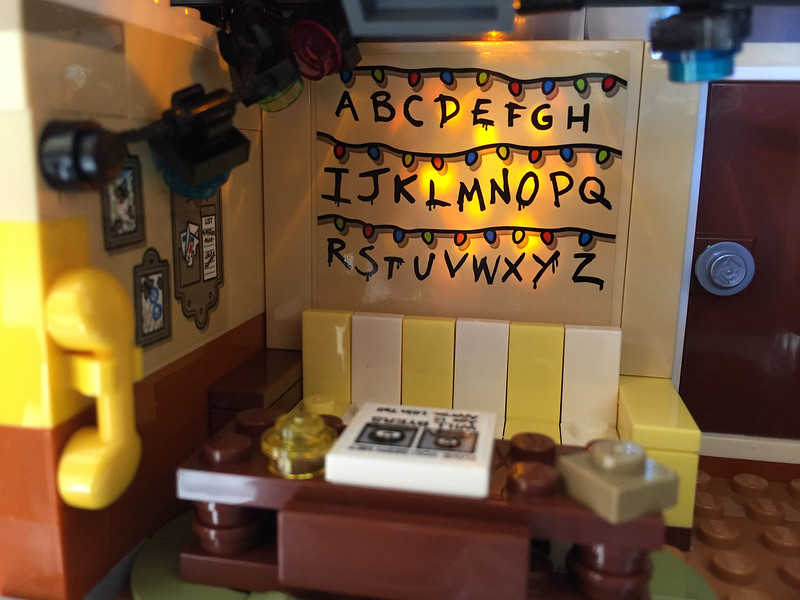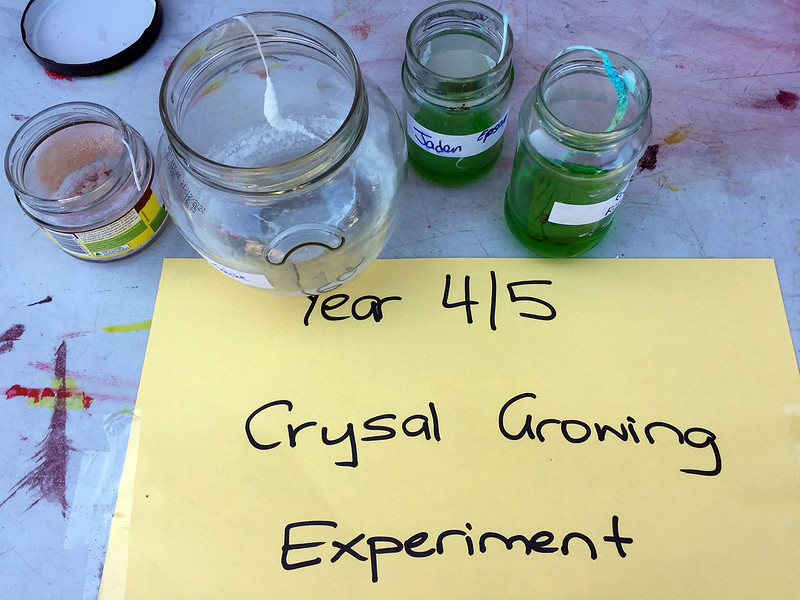It was time for my weekly Primary Ethics class again this morning. Today we started a new topic: stealing. The discussion centred around a series of questions designed to probe the question of what exactly is stealing, and even if it’s illegal is it always morally wrong?
We started easy with: “If you borrow a book from a friend and forget to return it, does that count as stealing?” Then follow-up questions: “What if you really love the book and decide not to return it?” and: “What if you know your friend doesn’t even like the book?” The kids were pretty agreed that forgetting to return the book isn’t stealing, but keeping it if the friend asks for it back is stealing and is morally wrong, even if you know they don’t like it.
Next: “If you pick fruit from a fruit tree in your neighbour’s front garden, does that count as stealing?” Kids said yes. Follow-up: “What if your neighbour isn’t picking the fruit and it’s just going to rot?” Now some kids (but not all of them) were of the opinion that picking the fruit while technically stealing, isn’t morally wrong if it’s just going to go to waste otherwise.
Next: “Suppose it’s a very cold day and to warm up you decide to wander around a shop even though you have no money to spend. Does using the shop’s heating in this way count as stealing?” Kids said no. Follow-up: “But the shop is paying for the heating, and you’re getting the benefit, even though you have no intention to buy anything. So is it stealing, is it morally wrong?” Kids were generally no, it’s okay, because the shop invites people in.
And now the most interesting one: “You walk past a bakery and stop to smell the delicious smell of the freshly baked bread. Is that stealing?” The kids laughed at this one – of course it’s not stealing! Ah, but then: “The baker bought the flour and other ingredients, and paid for the electricity to run the ovens, so does he own the smell of the bread?” Kids laughed again – no of course not! Then: “Suppose the baker seals his shop so the smell can’t get out, and then allows people to come inside to smell the freshly baked bread, if you pay $1. Is he allowed to do that?”
Kids, a little uncertain: Yes, he’s allowed to do that.
Me: So he does own the smell? If you went inside to smell it, but didn’t pay the $1, would that be stealing?
Kids: … Yeeeeeeeessss….
Me: What if you found a crack near a window, and stuck your nose right up against it to smell the bread. Would that be stealing? Would it be morally wrong?
By now the kids were realising this topic isn’t as easy as they thought, and they’re giving really thoughtful answers across a spectrum of responses. It was a good class! And after it was over and the kids left to go back to the regular classrooms, I walked out past the other classes, and overheard one kid telling a friend who hadn’t been in my class about the bread smell example. So I consider that a success! Getting the children talking about the topics outside the classroom is basically the measure of success for my classes.
New content today:










